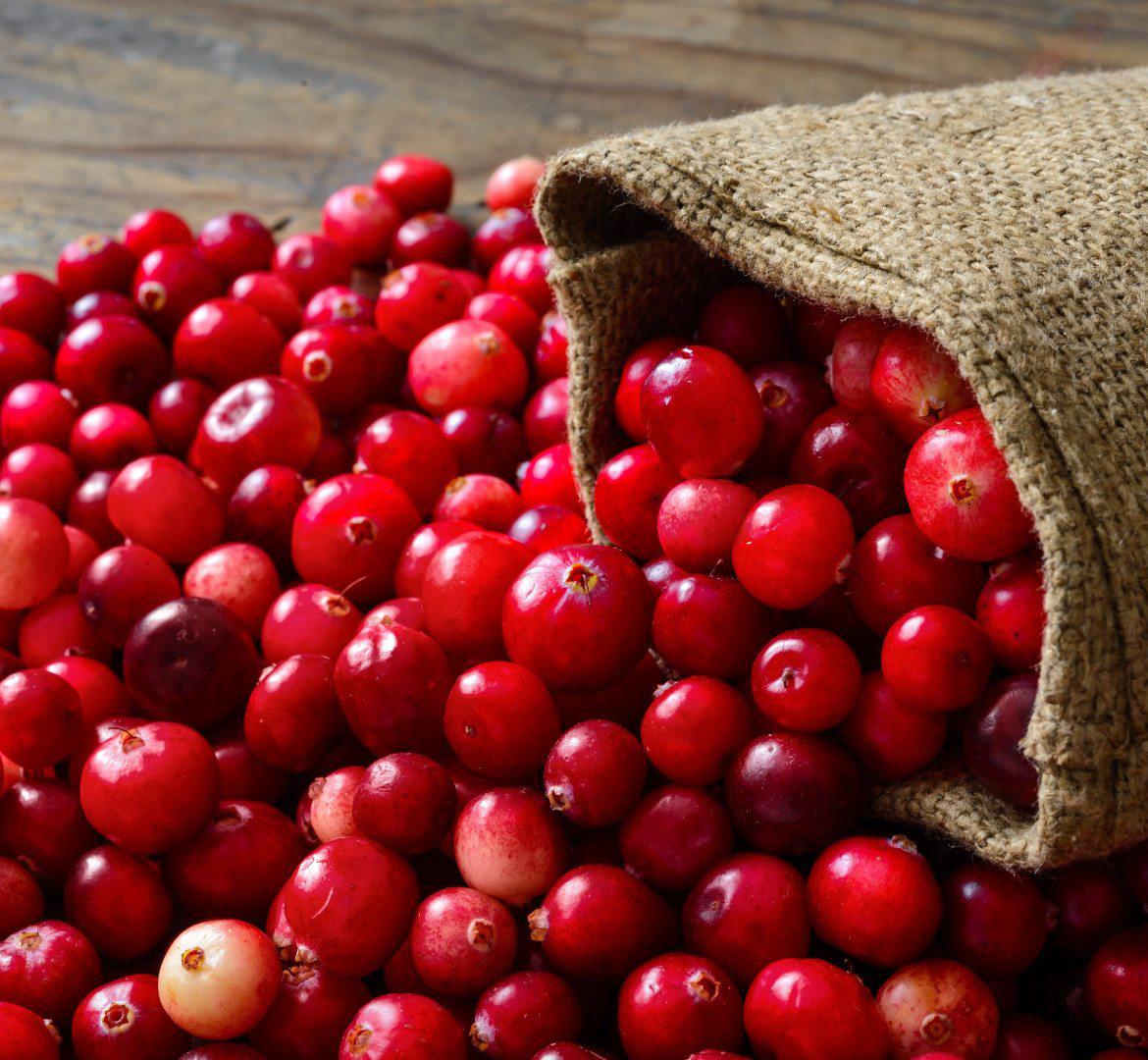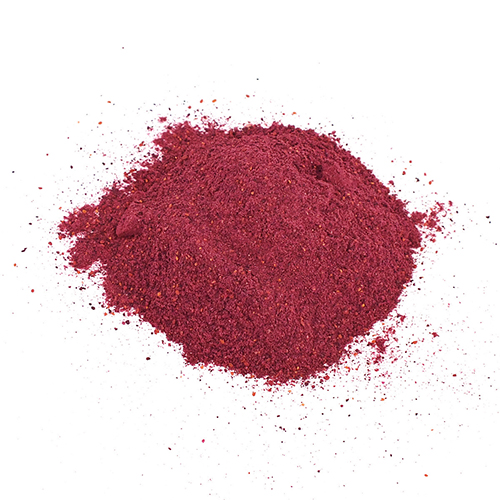
Cranberry
scientific name
Category
Related product
Cranberries offer a range of possible health benefits. A diet with a high proportion of fruits and vegetables has been shown to offer health benefits. In addition, cranberries are a good source of various vitamins and antioxidants. Historically, they have been used by Native Americans as a treatment for bladder and kidney diseases. Early settlers from England used them to treat poor appetite, stomach complaints, blood disorders, and scurvy.
Here are some ways that cranberries can enhance health:
Urinary tract infections
The cranberry is perhaps best known for its role in preventing urinary tract infections (UTIs), especially for those with recurrent infections. The high level of antioxidant proanthocyanidins (PACs) in cranberries helps to stop certain bacteria from adhering to the urinary tract walls. In this way, the PACs in cranberries help prevent infection.
However, researchers at the Texas A&M Health Science Center College of Medicine in Houston found that while cranberry capsules can do this, cranberry juice is unlikely to have the same effect. This is because it takes an very high concentration of cranberry to prevent bacterial adhesion. The juices we drink do not contain such high amounts of PACs.
Cardiovascular Disease
Some evidence suggests that the polyphenols in cranberries may reduce the risk of cardiovascular disease (CVD). It does this by preventing platelet build-up and reducing blood pressure, through anti-inflammatory mechanisms.
Cancer
Research has shown that the nutrients in cranberries can help slowtumor progression, and that they can have a positive impact on prostate, liver, breast, ovarian, and colon cancers.
Dental
The proanthocyanidins in cranberries may also benefit oral health. They do this by preventing bacteria from binding to teeth, according to researchers at the Center for Oral Biology and Eastman Department of Dentistry at the University of Rochester Medical Center. Cranberries may also be beneficial in preventing gum disease.


